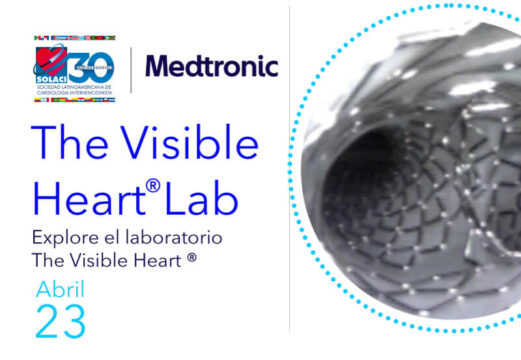Low doses of colchicine reduce the risk of ischemic events after an acute myocardial infarction, according to the COLCOT trial, originally presented at the American Heart Association (AHA) 2019 Scientific Session and simultaneously published in the New England Journal of Medicine (NEJM). The new information featured at the virtual ACC 2020 refers to its cost-effectiveness.

Colchicine is an anti-inflammatory drug indicated for gout and pericarditis, but its price hiked (at least in the United States) since the publication of COLCOT last year.
The anti-inflammatory approach for cardiovascular disease has been researched for years now. Researchers attempted to prove the concept with pricey monoclonal antibodies, and last year obtained the desired effect with a drug that was available for a few cents.
The new analysis presented at the virtual ACC 2020 included a cost model for a 20-year period (which would account for a lifetime, in the case of a patient after their first infarction).
Read also: Virtual ACC 2020 | More data from ISCHEMIA: Women with More Symptoms but Less Ischemia.
Low-dose colchicine plus optimal medical treatment after an infarction reduce patient healthcare costs in 47% of cases during the in-trial period and in 69% if we consider the rest of their life.
Original Title: Cost-effectiveness of low-dose colchicine after myocardial infarction in the COLchicine Cardiovascular Outcomes Trial (COLCOT).
Reference: Samuel M et al. ACC 2020 virtual.
Subscribe to our weekly newsletter
Get the latest scientific articles on interventional cardiology
We are interested in your opinion. Please, leave your comments, thoughts, questions, etc., below. They will be most welcome.



